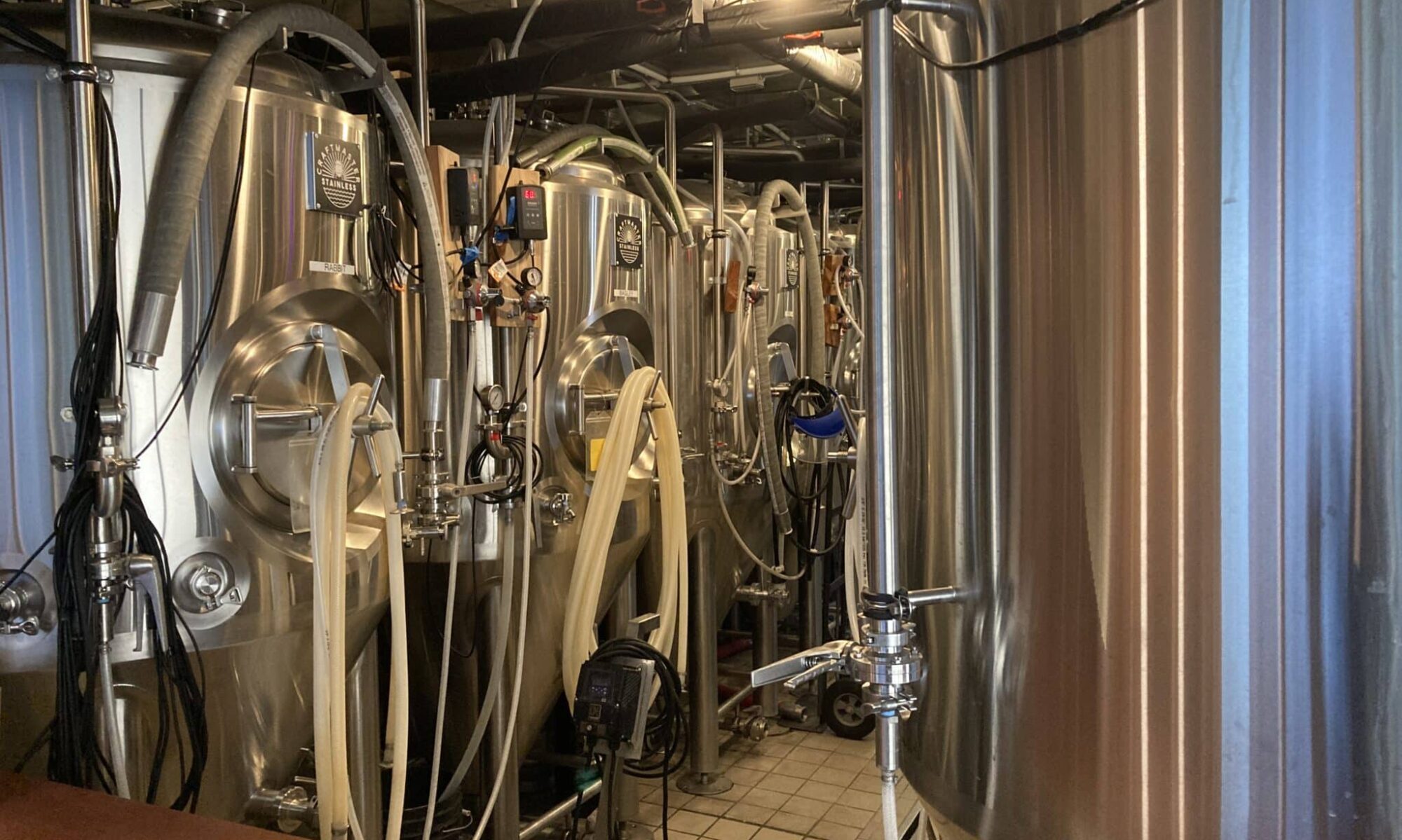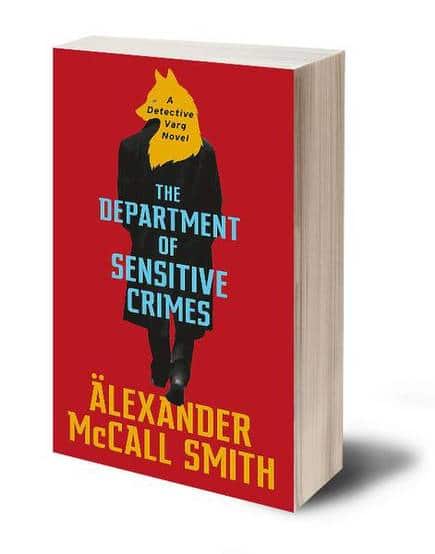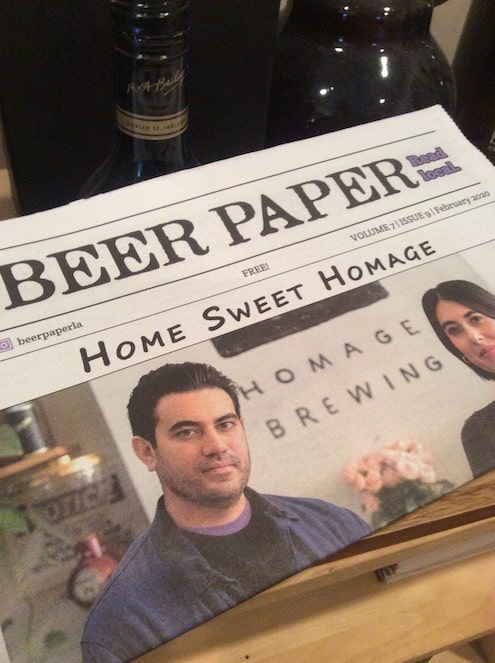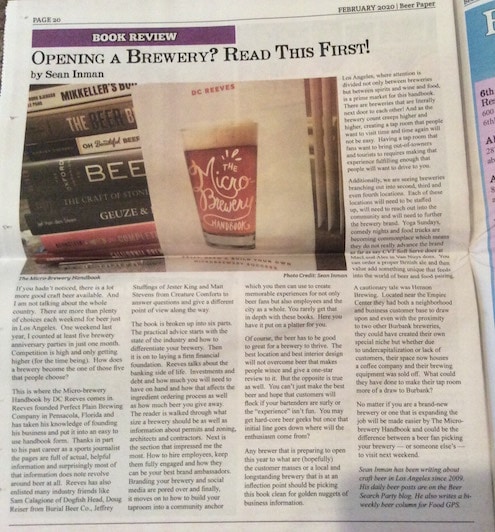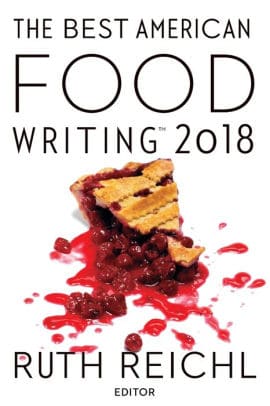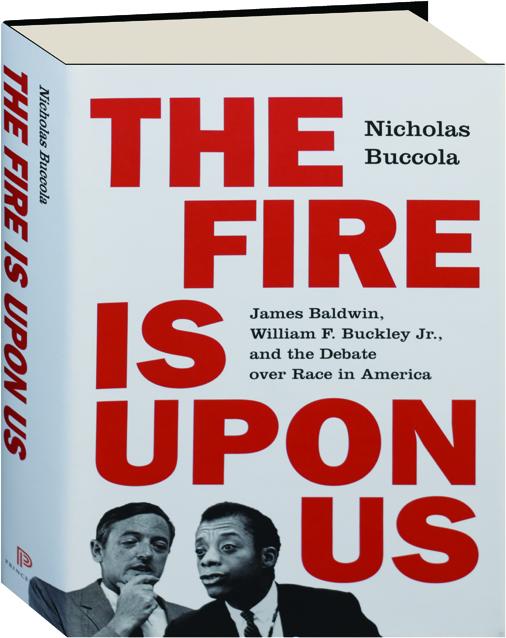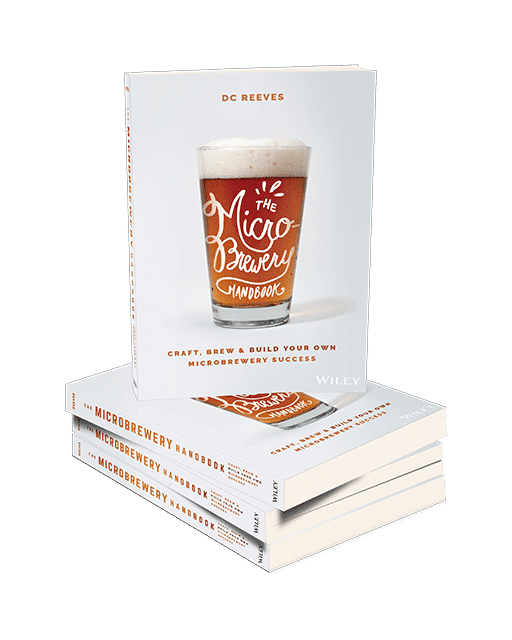
Been on a bit of a kick of books by food people with pretty uncompromising views and Uncultivated is the tip of that particular spear.
Author Brennan walks his path and when it comes to apples and cider, it is a specific path. He grudgingly accepts that others have their way but as you read his book about his journey from NYC to a Cidery named after Aaron Burr, well you have to just go with it. Part philosophy, part natural agriculture, and all learning, this book really takes you into the mind and that explains why Brennan does what he does and why he does it in his own way.
I can sense that many readers of this book are either of this group or not but I would recommend setting aside what you know and add this information to your brain. I did not like Brennan early in this book, but as I turned the pages, I found a lot of practical information. And by the end, I really wanted to taste his cider.
